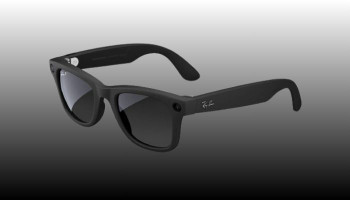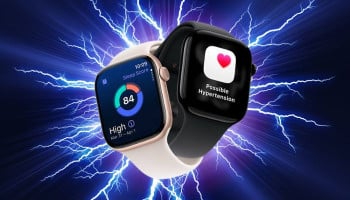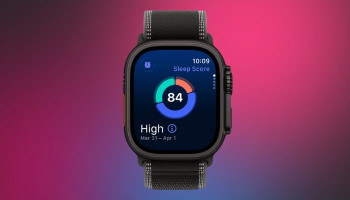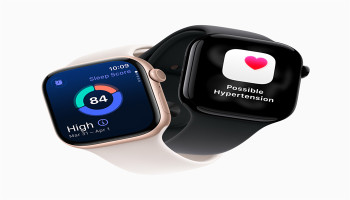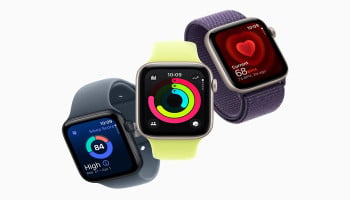
Researchers from Harvard University have raised the alarm bells about the privacy implications of wearable technology after successfully demonstrating how Meta's Ray-Ban smart glasses could be a powerful surveillance device.
For this experiment, two students connected Meta's smart glasses to a facial recognition system capable of identifying strangers in public almost instantly, gathering their personal data, and displaying it on an app on their smartphone.
Within seconds, they were able to gather a person's name, home address, phone number, and even information about family members, all without anyone knowing.
The researchers named their project I-XRAY, a proof-of-concept structured to raise questions about privacy. They noted that they used a variety of publicly available tools (including facial recognition search engines, data extraction models, and people search engines available online).
Experts say the demonstration is significant because it highlights an emerging issue of less anonymity while in public. If a pair of consumer-grade smart glasses can identify people and collect their data, the risk of misusing those glasses is substantial.
Moreover, security experts have warned that unauthentic individuals could use such technology to build trust with unwitting victims before abusing their trust.
The researchers, who have decided not to release the tool publicly, urged people to remove their data from facial recognition and people-search websites and secure their online accounts with two-factor authentication.





